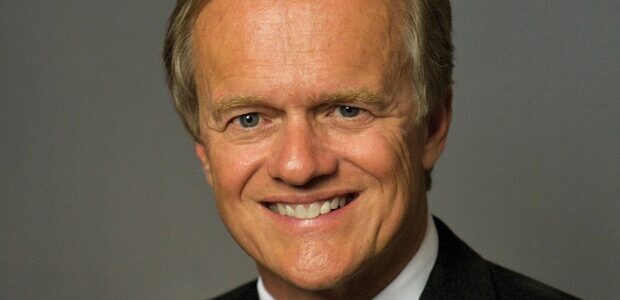Want to attract & retain talented players? Create a work culture where respect is as important as results

By S. Chris Edmonds
If you’re trying to hire people right now, you’re up a creek. The US Federal Reserve Bank in September estimated that the average time required to fill an open job rose from 20 days to 50 days over the previous four months.
And a new global McKinsey study finds that 40% of respondents are somewhat likely to quit in the next three to six months. 18% of those said their intentions to quit ranged from likely to almost certain.
This study also revealed why so many employees are willing to leave your employ. Three factors were reported by a majority of “about to quit” players:
- 54% of employees said they didn’t feel valued by their organization,
- 52% of employees said they didn’t feel valued by their managers, and
- 51% of employees said they didn’t feel a sense of belonging at work.
The pandemic has changed what people expect of their workplaces, colleagues, and bosses. Employees have learned they have a voice, and they have a choice.
What is coming clear to many business leaders is that employees of all generations deserve and desire workplaces where they are respected and validated for their ideas, efforts, and contributions every day.
The “great resignation” and the McKinsey survey results are signs that employees are not patient. They not only desire and deserve respect and validation, but many are also demanding respect and validation.
Leaders don’t know how to meet these changing expectations. Leaders want to go back to “the way it was” because that’s the only way they know how to manage.
Some business leaders are throwing money and time off at employees, hoping to halt the exodus – and hoping to attract new hires. Goldman Sachs, the Wall Street giant, is introducing new benefits to entice employees to stay.
The problem is that if your work culture sucks – if employees are demeaned, discounted, and dismissed daily – raises or new benefits are do not fix those problems.
How can business leaders change their work cultures?
In our new book, Good Comes First, co-author Mark Babbitt and I teach leaders how to build and sustain purposeful, positive, productive work cultures.
Our proven process includes three phases: define, align, and refine.
First, business leaders must define their desired culture by formalizing their company’s Organizational Constitution – its servant purpose, values and behaviors, strategies, and goals. The book provides step-by-step guidance to help leaders build their Organizational Constitution, co-creating the document along with formal leaders and employees.
Second, business leaders must align all plans, decisions, actions, and players to their Organizational Constitution. Senior leaders must build credibility for their ideal culture by modeling, celebrating, measuring, coaching, and mentoring others to embrace those valued behaviors.
These accountability practices – model, celebrate, measure, coach, and mentor – help communicate, demonstrate, and validate that your ideal culture is vital to your business success.
The refine stage overlaps the align stage. Refinement is needed when players – either leaders or team members – do not embrace your values or behaviors. Leaders must no longer tolerate bad behavior from anyone.
Coaching and mentoring will help some resistant players “come over from the dark side,” helping them embrace respectful and validating behaviors with others daily.
And coaching and mentoring won’t help every resistant player. Offer guidance and training and hold them accountable. If they don’t embrace the new way, lovingly set them free.
Creating an intentional, respectful work culture does not happen quickly. It typically takes 12-18 months for these new requirements to take hold. You’re going to be there, anyway. You may as well do the best thing – and proactively build and sustain a work culture based on respect and results.
S. Chris Edmonds is a speaker, author, and executive consultant with The Purposeful Culture Group, the firm he founded in 1990. He has authored or co-authored seven books, including two Amazon best-sellers. You can find out more or contact him at www.chris-edmonds.com.




